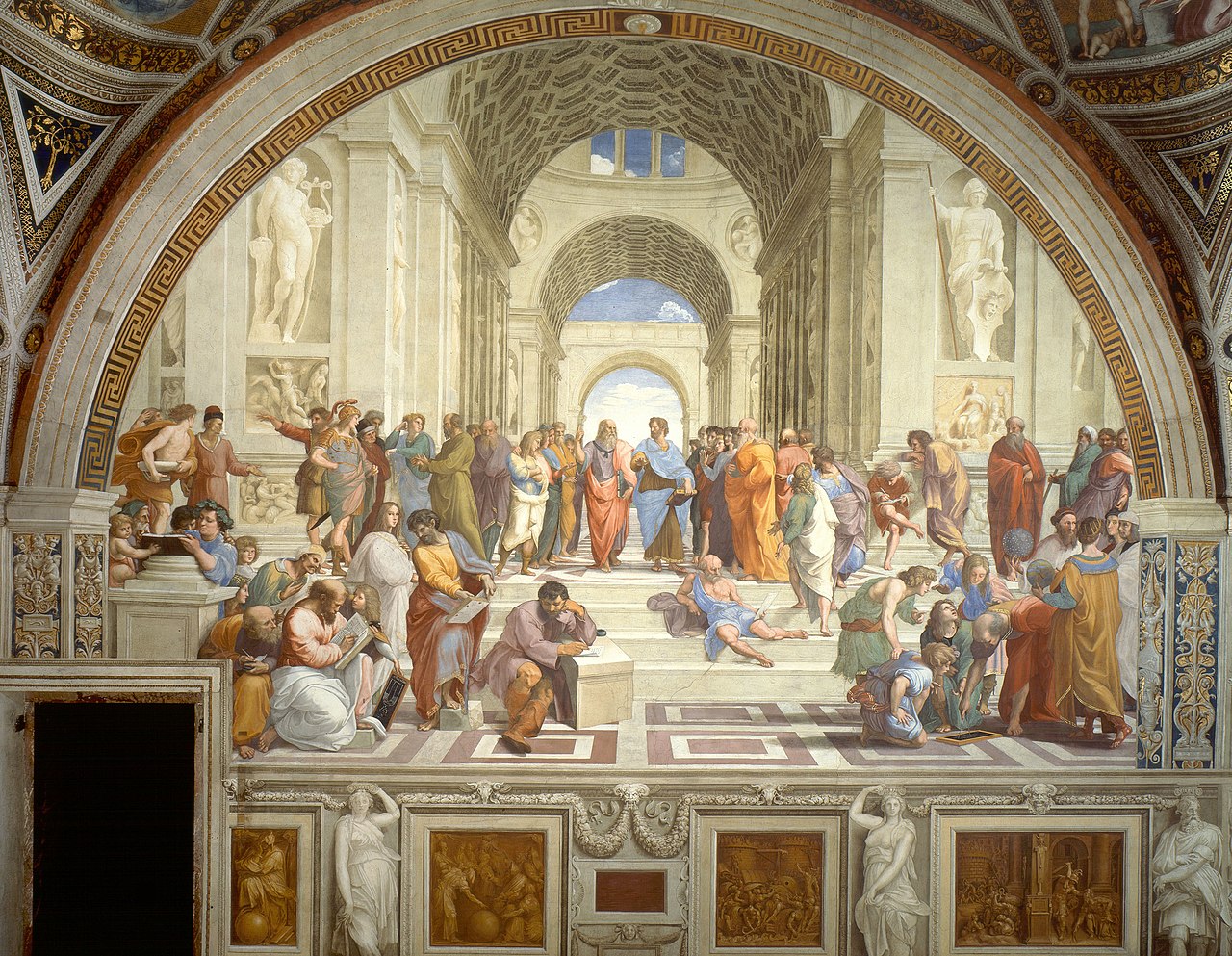Do philosopher kings exist in history as responsible governors of the state?
The human being is a city, with a special place at its center for the Lord’s deputy, where he resides with his governing officials. –– Ibn Arabi
What Plato achieved in the imaginative and conceptual worlds of poetry and philosophy far outshone his achievements in politics. The social ideas outlined in the Republic and other works were largely impracticable, and often seem to verge on fiction. Schemes to implement them have soured over the centuries.
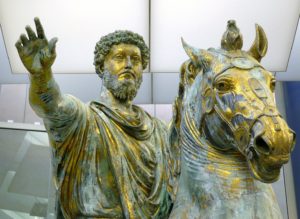
Marcus Aurelius and Bernard of Clairvaux
The Roman emperor Marcus Aurelius came as close as possible to being a philosopher king. His tolerance, humility, and selflessness are exemplary among Caesars and a legacy for our own time. However, his divided loyalty to his empire and to his son Commodus resulted in a turbulence signaling the demise of the Pax Romana.
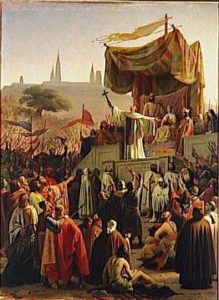
Bernard of Clairvaux, the Cistercian abbot of the 13th century, was a magnificent philosopher-rhetorician and poet of the soul. But he was a poor judge of human nature. Asked by the Pope, once a monk in his own abbey, to preach the Second Crusade, Bernard lived to see the Crusade end in death and misery. And Plato’s own efforts to counsel the tyrant Dionysus of Syracuse resulted in misfortune.
We can conjecture what the ideal state would seem to be for Plato by reading The Republic.
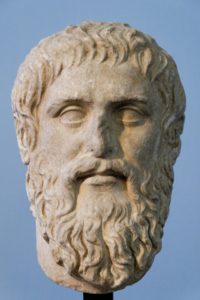
However, Plato was a poet as well as a philosopher. Many of his suggestions for social organization, education, and military training appear speculative at best. The intended results are evident in passages which read as prescriptions for a just and happy life. But the means proposed often don’t seem consonant with the spirit of Hellenistic Athens in the fourth century.
Thus, in external terms, an ideal state is a fiction. Philosophers are perhaps typically not best for governing. However, small groups of like-minded individuals under special conditions have changed the course of history. Bernard’s work from the abbey of Clairvaux, and that of Francis at Assisi, and Plato in his Academy, have a similar spirit. They spring from and disseminate what Gurdjieff called influences proceeding from the inner circles of humanity.
Yet we continue to value Bernard, not for his persuasive rhetoric with international potentates, but for his knowledge of the soul. We appreciate Plato not for his practical politics, but for his conviction that the ideal citizen is a real possibility, and his instructions to that end.
An Ideal State upon Earth
The state will be perfected and become a waking reality, which a little while ago we attempted to create as a dream and an idea only. – Plato, The Laws
And, in reality, what is an ideal state other than a body of citizens aiming toward reality and truth and light?
A real school is just such a group of people. Only here can essence escape from the bonds of personality and receive the guidance of the steward, for its education. Educated essences alone can do the work of schools. That is, subscribe to a common task, submit to a necessary discipline, and recognize and emulate a teacher who lights the way, modeling the virtues and consciousness to which each student aspires.
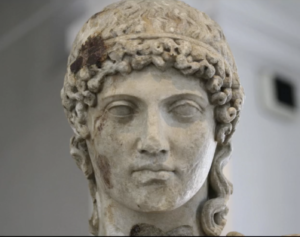
However, a real school is a rarity. Typically it exists only briefly and often undetected by those in its surroundings.
When this work is finished, that is to say, when the aim set before it has been accomplished, the Fourth Way disappears in its given form. Schools of the Fourth Way exist for the needs of the work which is being carried out in connection with the proposed undertaking. – George Gurdjieff
Ruth Atkins is a musician and teacher, who works with Apollo Arts: https://www.apolloarts.org. She has been a student of the Fourth Way for four decades. Also see https://fourthwaytoday.org/movement-and-rest-in-musical-performance/ .
